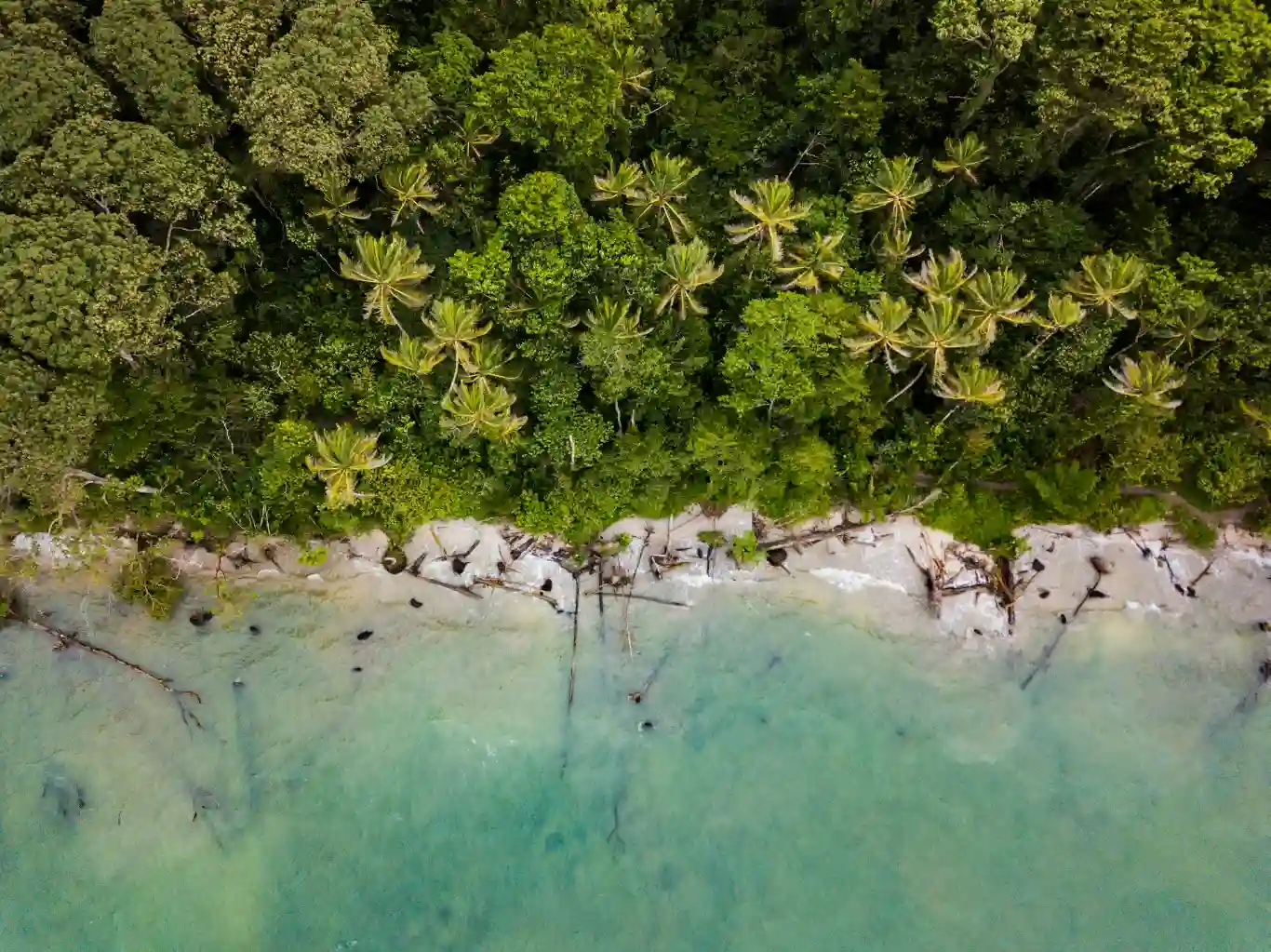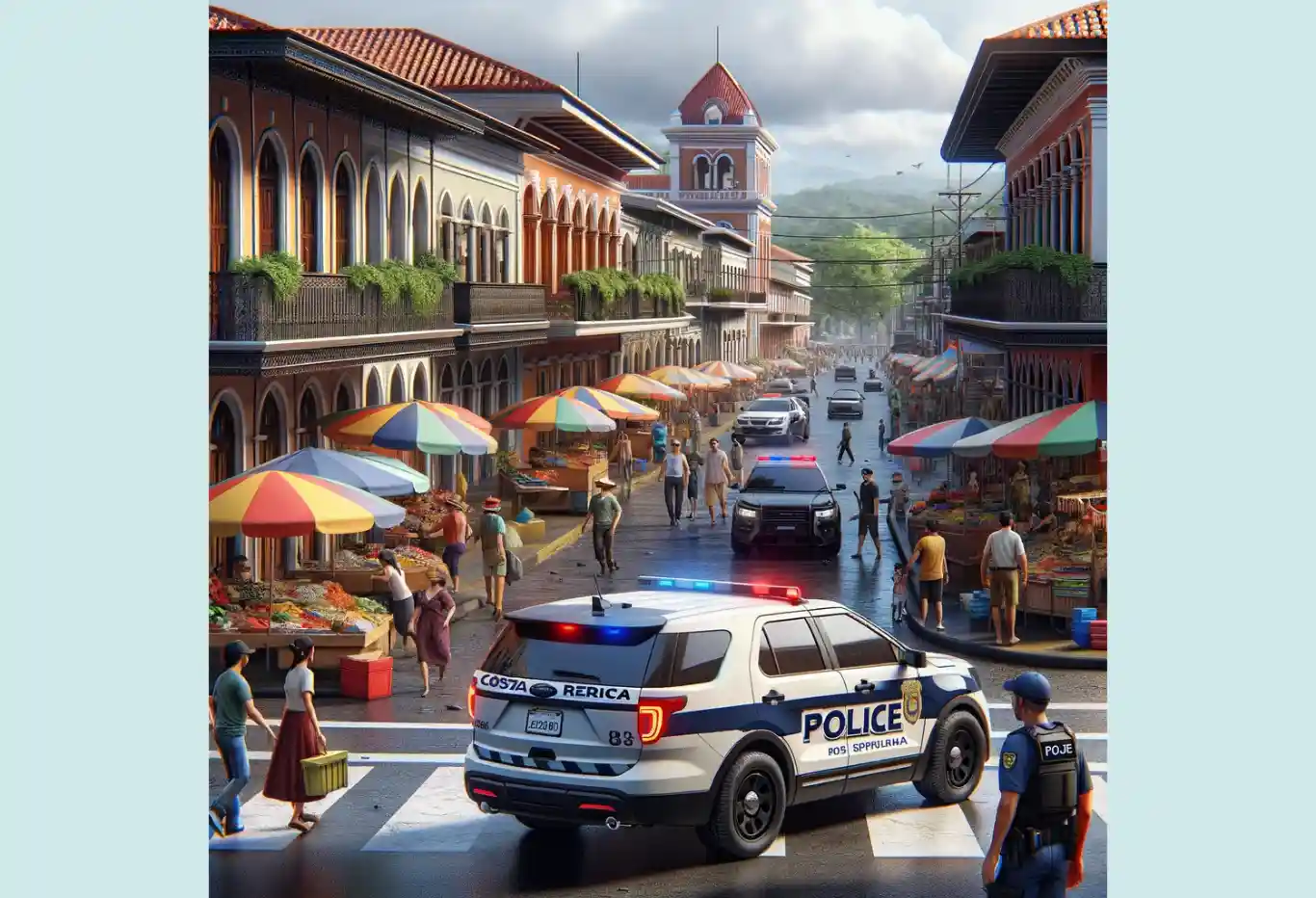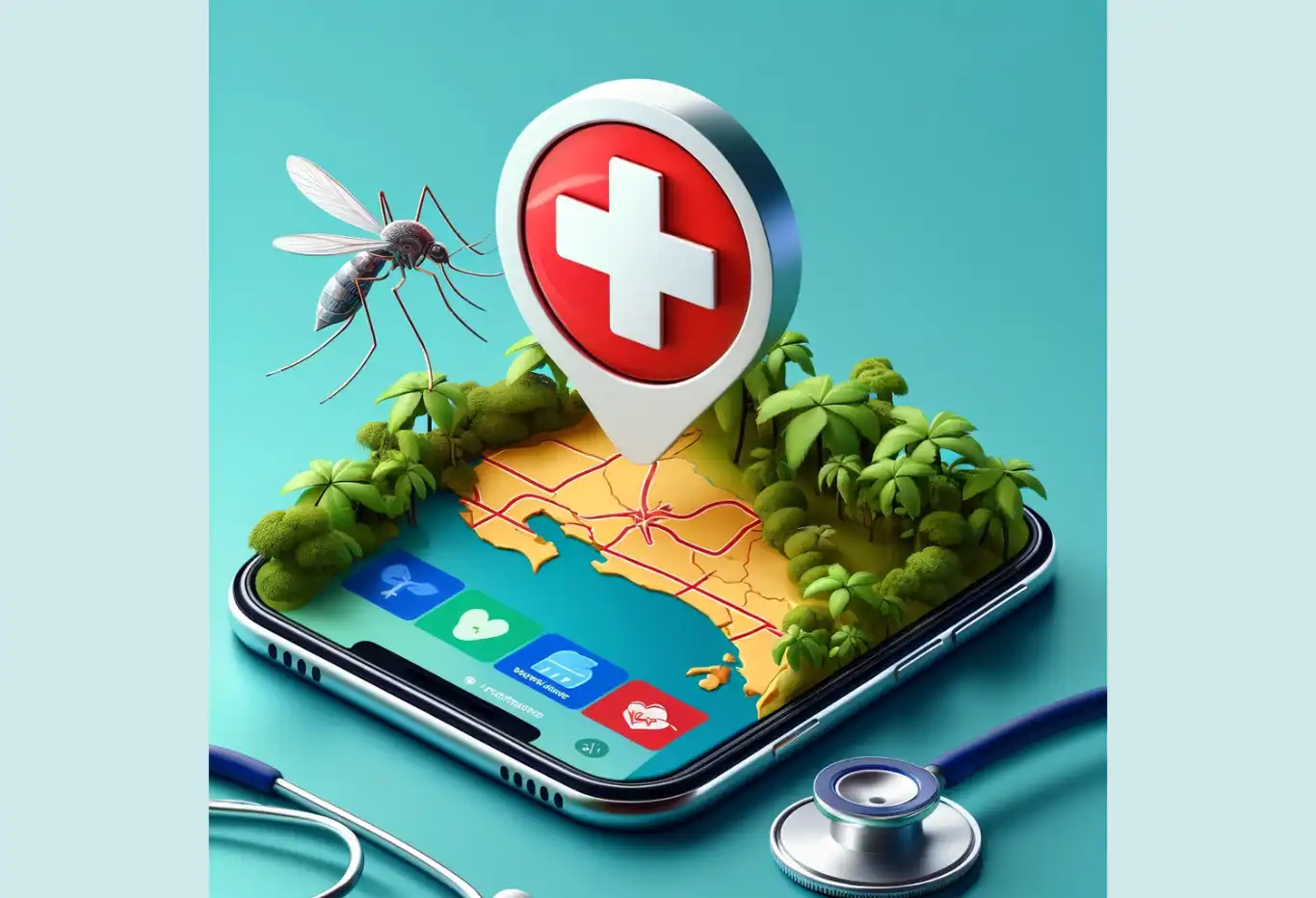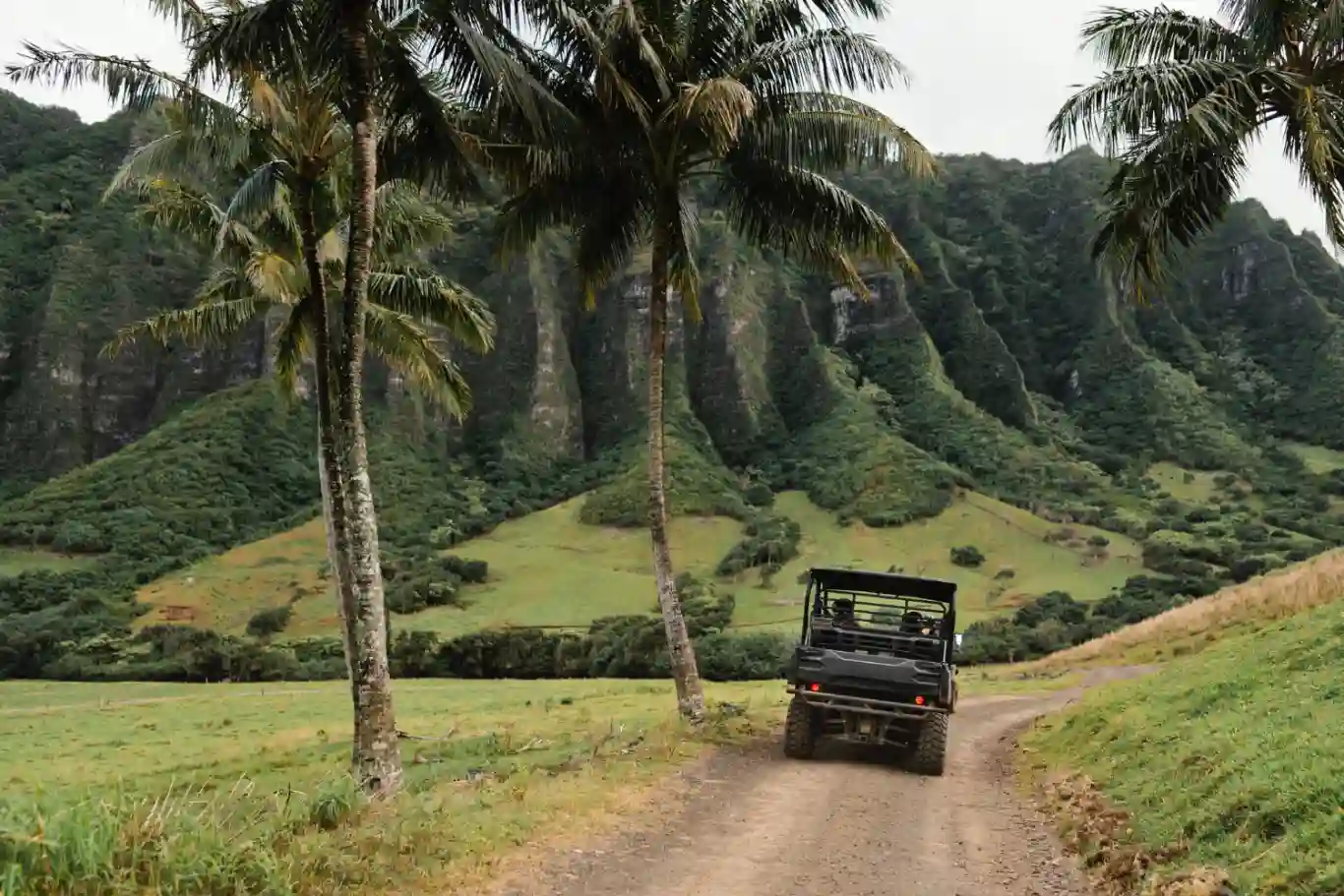How Safe is Costa Rica: Your 2024 Unbiased Travel Safety Insights

Table Of Contents
Costa Rica is generally considered safe for travelers, and the government deploys tourist police in popular areas to tackle issues like petty theft, but visitors should still be vigilant in high-risk areas.
Travelers should avoid certain high-risk areas known for crime, including some areas within San José (e.g. Coca-Cola Bus Terminal Area), along the Pacific Coast (e.g. Jacó) and in Liberia (esp. Downtown Liberia).
Transportation safety is essential, with tourists advised to use official taxis and exercise caution when driving or walking, along with understanding procedures in case of traffic accidents, and having emergency contact numbers ready.
How safe is Costa Rica for visitors? Generally speaking, very safe. Travelers can feel confident about their safety thanks to Costa Rica's effective measures and low crime rates compared to regional standards. However, it’s important to stay informed about potential risks. This article provides you with a detailed safety breakdown, including crime prevention tips, health advice, and transportation guidelines, to ensure you’re prepared.
Key Takeaways
Petty Theft and Pickpocketing: These crimes are common in crowded areas. Keep your belongings secure, avoid displaying valuables, and remain vigilant in busy places.
Vehicle Break-ins and Theft: Rental and luxury vehicles are prime targets. Avoid leaving valuables in your vehicle and use secure parking facilities.
Drink Spiking: This can occur in bars and nightclubs, leading to robbery or assault. Always keep an eye on your drink, watch it being prepared, and avoid accepting drinks from strangers.
Methanol Poisoning: Unregulated alcohol can contain methanol. Stick to well-known brands and buy alcohol from reputable sources.
Evaluating Safety When Visiting Costa Rica: Government Advisories and Crime Rates

Costa Rica is generally considered a safe destination, with travelers finding the atmosphere welcoming and the landscapes breathtaking. The Costa Rican government takes the safety of tourists seriously, deploying tourist police in popular areas to ensure a secure environment. However, like any country, it’s not entirely devoid of risks. Petty theft, for example, is a common issue tourists may face when visiting Costa Rica, but overall, Costa Rica safe experiences are the norm for most visitors.
Government Advisories
Level 2: Exercise Increased Caution (See more)
Level 2: Exercise a High Degree of Caution (See more)
Level 2: Exercise a High Degree of Caution (See more)
In summary, all three governments advise travelers to exercise increased caution while visiting Costa Rica, reflecting a generally safe environment with some cautionary notes about petty crime.
Crime Rates and Public Safety
Costa Rica's homicide rate is 12.8 per 100,000 people, which is moderate compared to its regional neighbors like Honduras (35.1), Belize (27.9), and Mexico (26.1).
Costa Rica is ranked 39th out of 163 countries on the Global Peace Index, which is favorable compared to its regional neighbors like Honduras, Mexico, and El Salvador.
The most relevant crimes that travelers should keep in mind are
Petty Crime Hotspots
San José
The Coca-Cola Bus Terminal area in San José has a high incidence of theft, pickpocketing, and muggings. The dense population and transient crowd make it a hotspot for petty criminals. It is advisable to avoid this area at all times, particularly at night.
The inner downtown areas, particularly between San Juan de Dios Hospital and the National Museum, are known for pickpocketing, bag snatching, and occasional violent robberies. The crowded streets and tourist attractions make it a target for thieves. This area should be avoided during the night and early morning, with increased caution during peak tourist times.
The Mercado Central areas experience frequent petty theft and pickpocketing. The bustling market environment provides cover for thieves. It is important to be cautious during peak hours when the market is crowded and remain vigilant at all times.
Public parks in San José can be sites of muggings and drug-related crimes, especially at night when they can be isolated and poorly lit. It is advisable to visit these parks during the day and in groups, and to avoid them at night.
Pacific Coast (Puntarenas Province)
Jacó is known for petty theft, vehicle break-ins, and occasional violent crime. The nightlife scene also sees incidents of drink spiking. It is best to avoid this area late at night and be cautious in crowded areas and during nightlife activities.
Theft from vehicles and pickpocketing are common in Manuel Antonio National Park, where tourists often leave valuables unattended while exploring the park. Always be cautious, especially in parking areas and less populated trails, and avoid leaving valuables in vehicles.
In Quepos, petty theft and muggings are common. The small town sees a high influx of tourists, which attracts petty criminals. It is advisable to avoid isolated areas at night.
The Cóbano area, including Mal País, Montezuma, and Santa Teresa, experiences vehicle break-ins and theft from rental properties. These small towns attract many tourists and surfers. It is important to be cautious at all times, especially at night, and ensure that accommodations are secure.
Liberia
Downtown Liberia experiences petty theft and occasional violent crime. As a gateway for many tourists traveling to nearby beaches and national parks, it is important to maintain situational awareness during the day and avoid the area at night.
Health Precautions for Travelers

Which Vaccinations do I need for Costa Rica?
When preparing for your trip to Costa Rica, ensuring that your routine vaccinations are up to date is essential. The MMR (Measles, Mumps, Rubella) vaccine is crucial, as Costa Rica has experienced sporadic measles cases. Ensure you have had the two recommended doses to maintain immunity. Additionally, the Diphtheria-Tetanus-Pertussis (DTP) vaccine requires a booster shot if you haven't received one in the last ten years, to protect against these potentially severe infections. Lastly, confirm your immunity to vVaricella (Chickenpox)**, either through vaccination or a previous infection, as this common illness can still pose a risk.
In addition to routine vaccines, certain **vaccinations are recommended for travelers to Costa Rica to prevent illness from local diseases. Hepatitis A is advised for all travelers due to the risk of infection from contaminated food and water. Hepatitis B vaccination is important for those who may come into contact with blood or bodily fluids, such as through sexual contact, medical procedures, or activities like tattooing. Typhoid vaccination is particularly recommended if you plan to visit rural areas or regions with poor sanitation, as these areas may present higher risks due to less developed infrastructure. Taking these preventive measures can help ensure a safer and more enjoyable trip to Costa Rica.
To see the whole list and have it readily available, download our app.
Standard of Medical Facilities in Costa Rica
Costa Rica offers adequate health facilities throughout the country, with a notable difference in the quality of care between urban and rural areas. Urban centers, especially the capital San José, have well-equipped hospitals and clinics. In contrast, rural areas may experience lower standards of care, with limited access to advanced medical services and emergency care.
The quality of treatment in public hospitals varies. In San José and other major cities, public hospitals generally provide good healthcare services, although they may be burdened by high patient volumes leading to longer waiting times. In smaller towns and rural areas, public hospitals may lack some of the advanced medical equipment and specialized services available in urban centers. Overnight staffing in non-emergency wards may be minimal, and it is often recommended to hire a private nurse or have family members stay with the patient, especially if the patient is a minor.
The quality of treatment in private hospitals in Costa Rica is generally high, often comparable to or exceeding standards found in developed countries. These hospitals are well-equipped with modern medical technology and facilities, providing comprehensive medical services, from routine check-ups to specialized surgical procedures. Patients can expect shorter waiting times and more personalized care compared to public hospitals.
Getting Around: Transportation Quality and Safety

Transportation is another crucial aspect to consider when traveling. Costa Rica offers various public transportation options such as buses and official taxis for tourists’ travel needs. Still, it’s advisable to only use recognizable red official taxis with a province code on their license plates for your safety.
Public Transportation
Buses are the most common form of public transportation in Costa Rica, operated by various private companies under government regulation. They cover both urban and rural areas extensively.
In major cities like San José, bus services run frequently, often every 10-15 minutes during peak hours. However, in rural areas, buses may run less frequently, sometimes only a few times a day.
Many buses are older and may lack modern amenities such as air conditioning and comfortable seating. Cleanliness can be an issue, with some buses not being cleaned regularly. Punctuality is another concern, as buses are often delayed due to traffic congestion and road conditions. Schedules may not always be accurate, and itineraries can change without notice.
Train services in Costa Rica are limited but provide an alternative mode of transportation in specific areas. The primary train service is operated by the Instituto Costarricense de Ferrocarriles (INCOFER).
Trains can be an efficient mode of transport for certain routes, though they are not as widely used or as extensive as the bus network. The trains are generally clean and punctual but operate on a limited schedule.
Road Safety & Quality
Costa Rica has a road traffic death rate of 15.5 per 100,000 population, which is higher than many of its Central American neighbors such as Panama (7.3) and Mexico (12.0), but lower than Honduras (18.5) and El Salvador (21.5). Contributing factors to these fatalities include speeding, driving under the influence, and poor road conditions. Travelers should be aware of these risks and exercise increased caution while driving to reduce the likelihood of accidents.
Major highways and principal roads in cities like San Jose are generally paved, but they may still suffer from potholes, narrow lanes, and insufficient signage. Urban roads can become heavily congested, particularly during peak hours.
Roads leading to beaches and rural destinations often remain unpaved and may only be passable with a four-wheel-drive vehicle. These roads can be narrow, with limited visibility at intersections due to natural obstructions like hedges.
Many bridges, even on heavily traveled routes, are single-lane and require careful navigation. In rural areas, bridges may be entirely absent, necessitating the fording of streams or rivers, which can be particularly dangerous during the rainy season.
Read more about road safety and get further tips in our in-depth article: Driving in Costa Rica: A Practical Guide for Safe and Scenic Travel
Assisting tourists in various situations
Patrolling tourist areas
Acting as liaisons between tourists and local authorities
Offering services in multiple languages
Emergency Preparedness: Who to Call and What to Do
In case of emergencies, the first point of contact in Costa Rica is dialing 911 for immediate assistance.
Costa Rica also has a dedicated Tourist Police force, a specialized division of the country’s national police force. Their responsibilities include:
Additionally, it’s recommended to carry the location and contact details of your respective embassy and consulate while visiting Costa Rica.
Summary

In conclusion, Costa Rica, with its captivating landscapes and welcoming culture, is a safe destination for tourists. However, it’s important to stay vigilant, be conscious of your surroundings, and follow safety guidelines.
Remember, knowledge is power. By understanding the potential risks and safety measures, you can make the most of your Costa Rican adventure, exploring its natural wonders and cultural riches with greater peace of mind.
Frequently Asked Questions

Is Costa Rica generally safe for tourists?
Yes, Costa Rica is generally safe for tourists, but it's important to stay vigilant and take necessary precautions for a worry-free trip.
What are some petty crime hotspots in Costa Rica?
It's important to exercise caution in areas like the Coca-Cola bus station, inner downtown areas of San José, public parks, and roads leading to the San José International Airport to avoid falling victim to petty crime.
What health precautions should travelers take in Costa Rica?
Travelers should get recommended vaccinations, practice food safety, and protect against mosquito-borne diseases to stay healthy while in Costa Rica. These precautions are essential to minimize health risks during your trip.
Who should tourists contact in case of emergencies in Costa Rica?
Tourists in Costa Rica should dial 911 in case of emergencies and be aware of their respective embassies and consulates for additional support. It is crucial to have access to immediate assistance and necessary contacts for any unforeseen situations.





